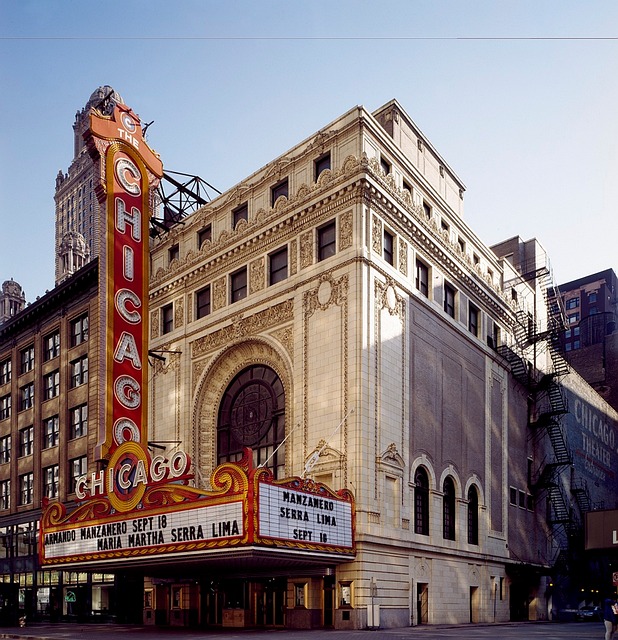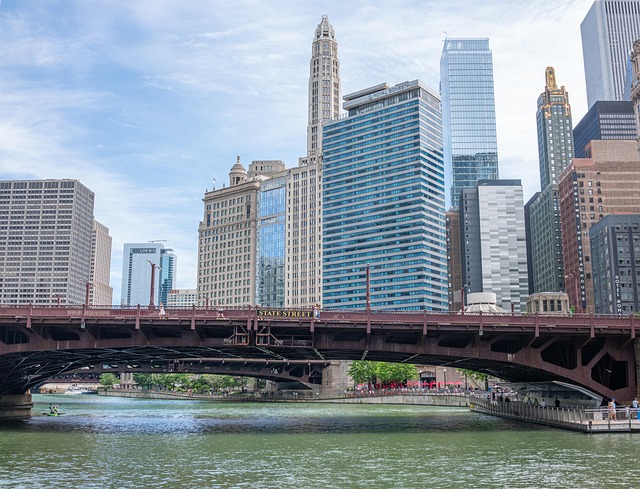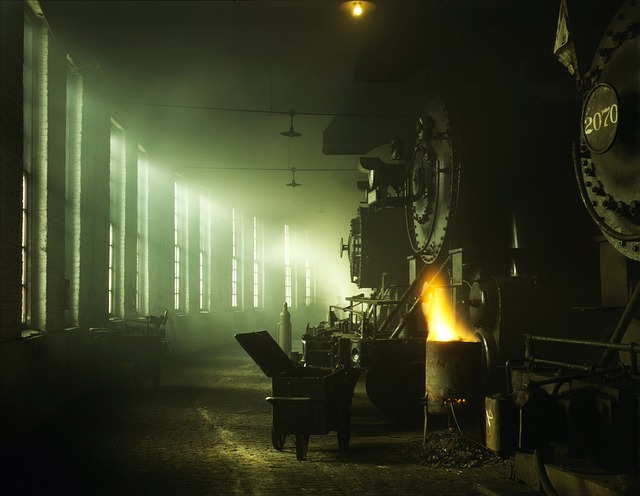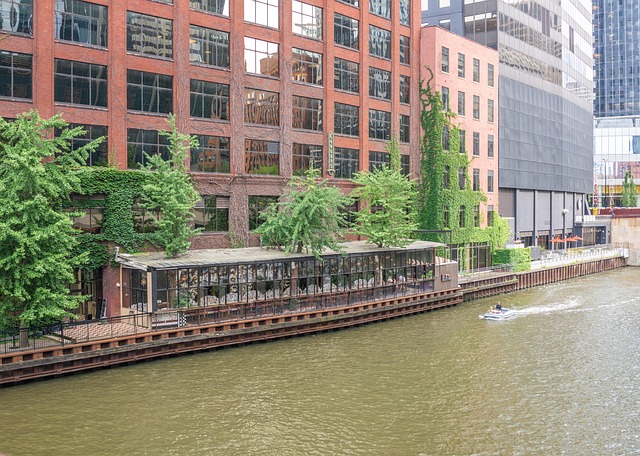Chicago's real estate market presents a unique opportunity for investors interested in fire-damaged properties, driven by steady growth, high demand, and revitalizing neighborhoods. Investing in these properties offers significant profit potential due to their reduced prices, despite requiring rehabilitation. Successful navigators adhere to local laws, safety standards, and market trends, fostering economic growth and community development. By partnering with experts and executing strategic renovations, investors can maximize returns while contributing positively to Chicago's real estate landscape through the selling of fire-damaged homes.
Chicago’s real estate market offers a unique blend of opportunities, particularly for investors drawn to its vibrant urban landscape. This article delves into the dynamic world of Chicago property investment, exploring trends and strategies that have made it a hotbed for successful rehabbing ventures. We examine why investing in fire-damaged properties can be lucrative, navigating local regulations, and providing real-world case studies. Discover how savvy investors are cashing in on Chicago’s evolving market by revitalizing fire-affected homes.
- Understanding Chicago's Real Estate Market: Trends and Opportunities
- The Role of Investors in the Local Economy
- Why Consider Investing in Fire-Damaged Properties?
- Navigating Chicago's Property Laws and Regulations for Investors
- Strategies for Successful Investment in Selling Fire-Damaged Homes
- Case Studies: Successful Rehabilitation Projects in Chicago
Understanding Chicago's Real Estate Market: Trends and Opportunities
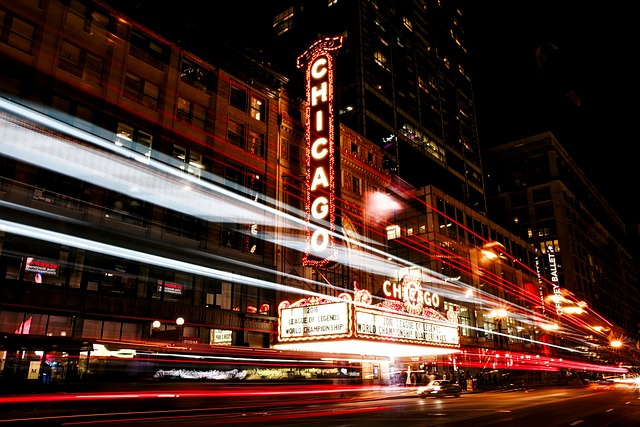
Chicago’s real estate market is a dynamic and diverse landscape, offering both established investors and newcomers a plethora of opportunities. The city has experienced steady growth in recent years, driven by a strong economy, a thriving workforce, and an increasing demand for housing. This has led to a competitive yet rewarding environment for real estate investors. One unique aspect that draws many to Chicago is the potential to acquire and rehabilitate fire-damaged properties at attractive prices. Selling a fire-damaged home in Chicago can be a lucrative venture, as these properties often present an opportunity to buy below market value.
Trends suggest that areas with revitalizing neighborhoods and improving infrastructure are attracting significant investment. The city’s diverse real estate segments, from high-rise condos to charming bungalows, provide investors with various avenues for growth. Understanding local trends, such as the rising popularity of walkable communities and sustainable living spaces, is key to making informed decisions. Additionally, keeping an eye on government initiatives and urban development projects can unveil emerging pockets of potential, especially in areas undergoing renovation or infrastructure upgrades.
The Role of Investors in the Local Economy
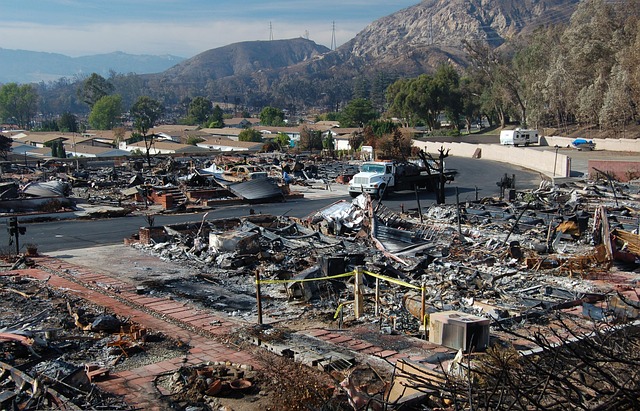
Real estate investors play a pivotal role in shaping Chicago’s economy, contributing significantly to its growth and development. Their presence fosters innovation, creates employment opportunities, and stimulates local businesses. By actively participating in the market, these investors facilitate the transformation of underutilized spaces into thriving neighborhoods. This is particularly evident when they take on the challenge of buying and rehabilitating fire-damaged homes in Chicago, turning them into safe, livable spaces that enrich the community.
Through their investment strategies, real estate enthusiasts drive economic revitalization, attracting new businesses and services to the area. The ripple effect of this activity benefits various sectors, from construction and design to restaurants and retail, making Chicago a more vibrant and desirable place to live, work, and invest.
Why Consider Investing in Fire-Damaged Properties?

Fire-damaged properties in Chicago can present an attractive investment opportunity for real estate investors. While it may seem counterintuitive, these homes often come at significantly lower prices due to the necessary repairs and renovations required after a fire. This can be seen as a chance to acquire property in a desirable location at a reduced cost.
Additionally, there is a growing demand for housing in Chicago, and fire-damaged homes can fill a gap in the market. Investors who successfully rehabilitate these properties and bring them back to their full potential can sell them for a profit while also contributing to the community’s recovery. In terms of selling fire damaged home Chicago, investors have the opportunity to not only make a financial gain but also to enhance the local real estate landscape.
Navigating Chicago's Property Laws and Regulations for Investors
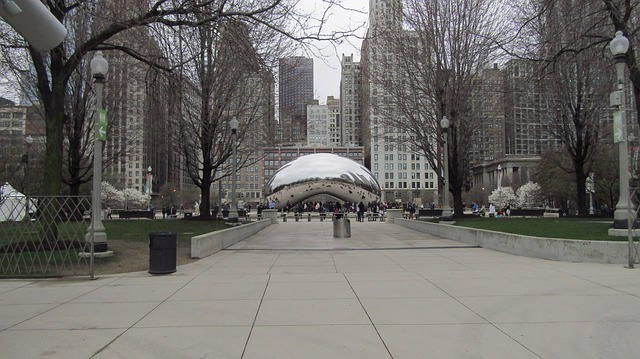
Navigating Chicago’s complex property laws and regulations is crucial for real estate investors. Illinois has specific rules and guidelines when it comes to purchasing and selling properties, especially in a city like Chicago known for its diverse neighborhoods and varying market trends. Investors should be well-versed in local laws regarding zoning, building codes, and fair housing practices. For instance, when dealing with a selling fire damaged home in Chicago, investors must adhere to strict guidelines for rehabilitation and safety standards, ensuring properties meet certain criteria before resale.
The city’s Department of Building and Zoning offers resources and information on permits, inspections, and renovation projects. Investors should also stay informed about tax incentives and programs aimed at revitalizing specific areas, which can make a significant difference in their investment strategies. Understanding these regulations is essential to avoid legal complications and ensure a smooth process when buying or selling properties, particularly when navigating the unique challenges of Chicago’s real estate market.
Strategies for Successful Investment in Selling Fire-Damaged Homes

When it comes to investing in real estate, Chicago’s market offers unique opportunities, especially when dealing with fire-damaged properties. Successful investors in this niche understand that these homes can be transformed into lucrative deals. The key lies in adopting strategic approaches to maximize returns while providing much-needed renovations. One effective strategy is to partner with local contractors who specialize in fire restoration. These professionals can assess the extent of damage and offer cost-efficient solutions, ensuring the home meets safety standards and appeals to a wide range of buyers.
Additionally, investors should focus on identifying properties with potential for high-end transformations. Fire-damaged homes in desirable Chicago neighborhoods may only require cosmetic repairs, making them attractive to first-time buyers or those seeking quick flips. Marketing these renovated properties as “like new” can command premium prices. Investors who successfully navigate the post-fire restoration process can secure significant profits while contributing to Chicago’s real estate landscape.
Case Studies: Successful Rehabilitation Projects in Chicago
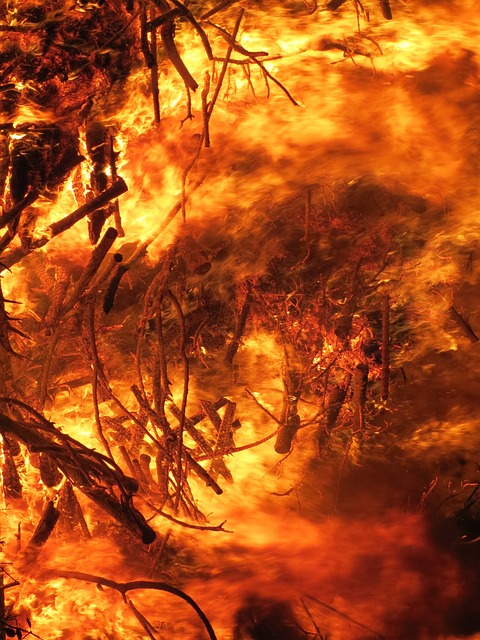
In the competitive Chicago real estate market, successful rehabilitation projects stand out as examples of savvy investing. Many investors find lucrative opportunities in selling fire damaged homes in Chicago, transforming distressed properties into desirable residences. These case studies highlight the potential for significant returns while addressing a critical need for housing renovation in the city.
By focusing on strategic areas and understanding local regulations, investors have achieved remarkable outcomes. One notable example involves a building once marked by a blaze, which was meticulously restored to its former glory, now commanding a premium price point in the market. This success story underscores the value of identifying undervalued assets, implementing thoughtful renovations, and capitalizing on Chicago’s thriving real estate scene.
Chicago’s real estate market, with its unique blend of historic architecture and modern developments, presents a compelling opportunity for investors. By understanding local trends, navigating regulatory frameworks, and considering the potential benefits of fire-damaged properties, savvy investors can thrive in this dynamic environment. The case studies highlighted demonstrate that rehabilitation projects not only revive distressed areas but also contribute significantly to Chicago’s economy. Investing in the city’s real estate, especially through the strategic purchase and sale of fire-damaged homes, offers a promising path for both financial gain and community revitalisation.
